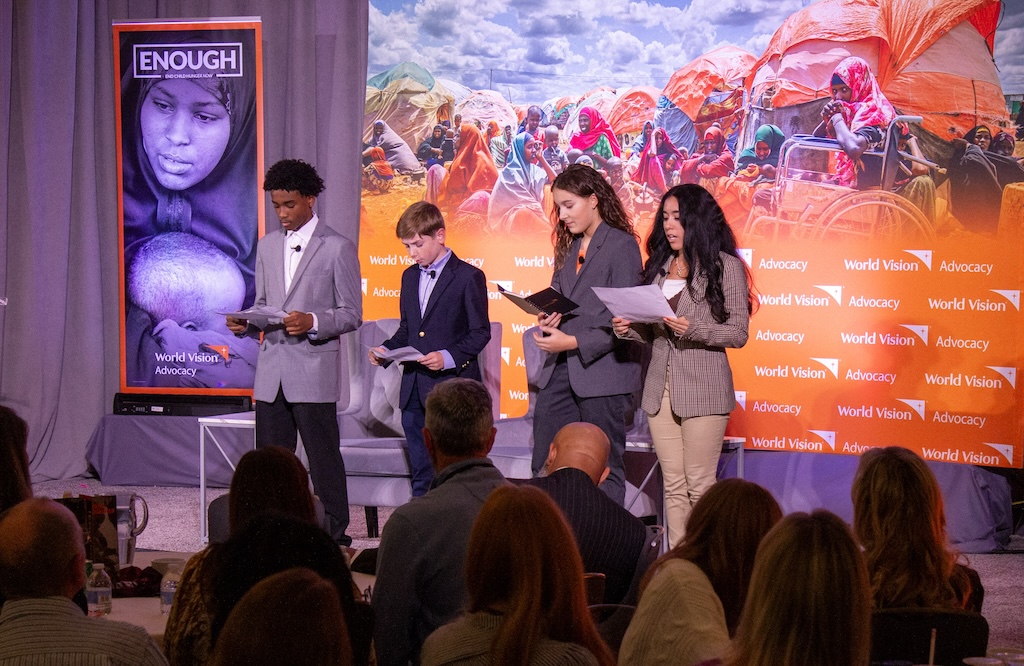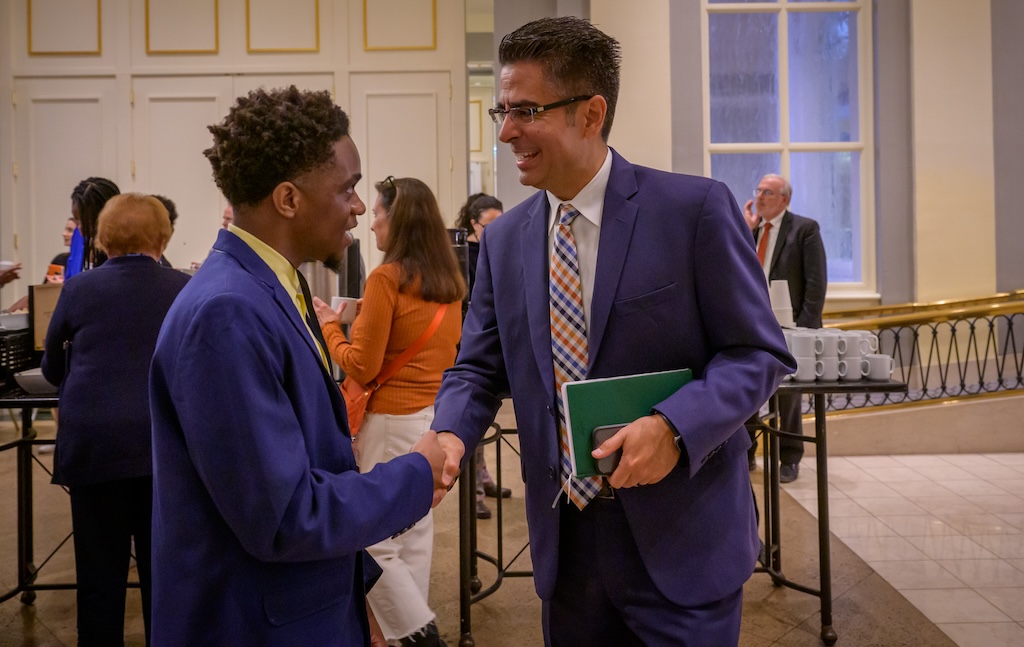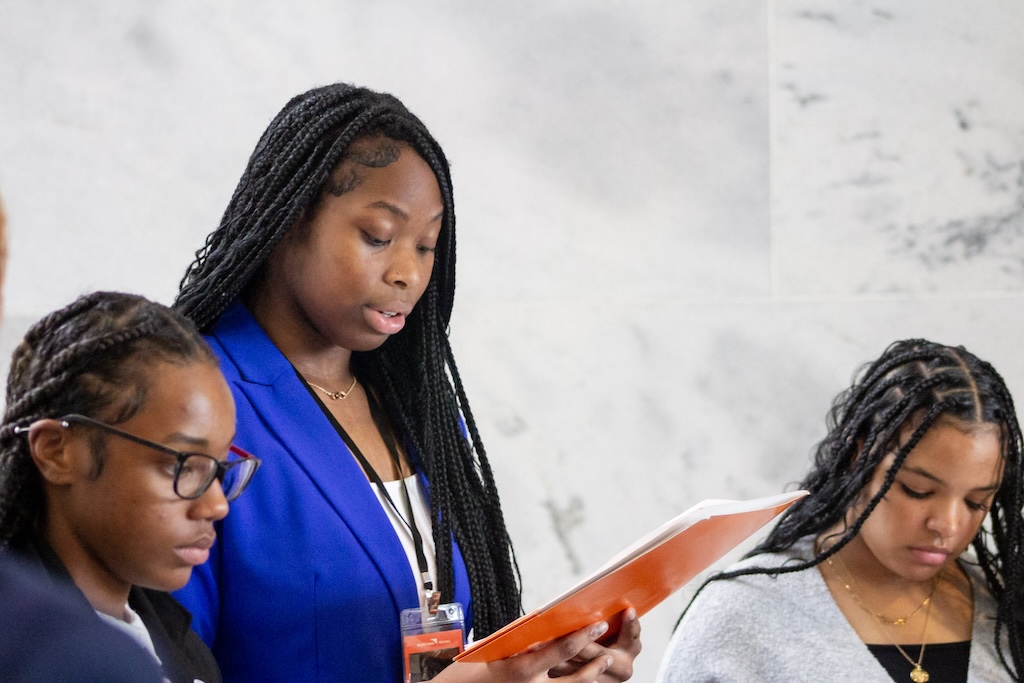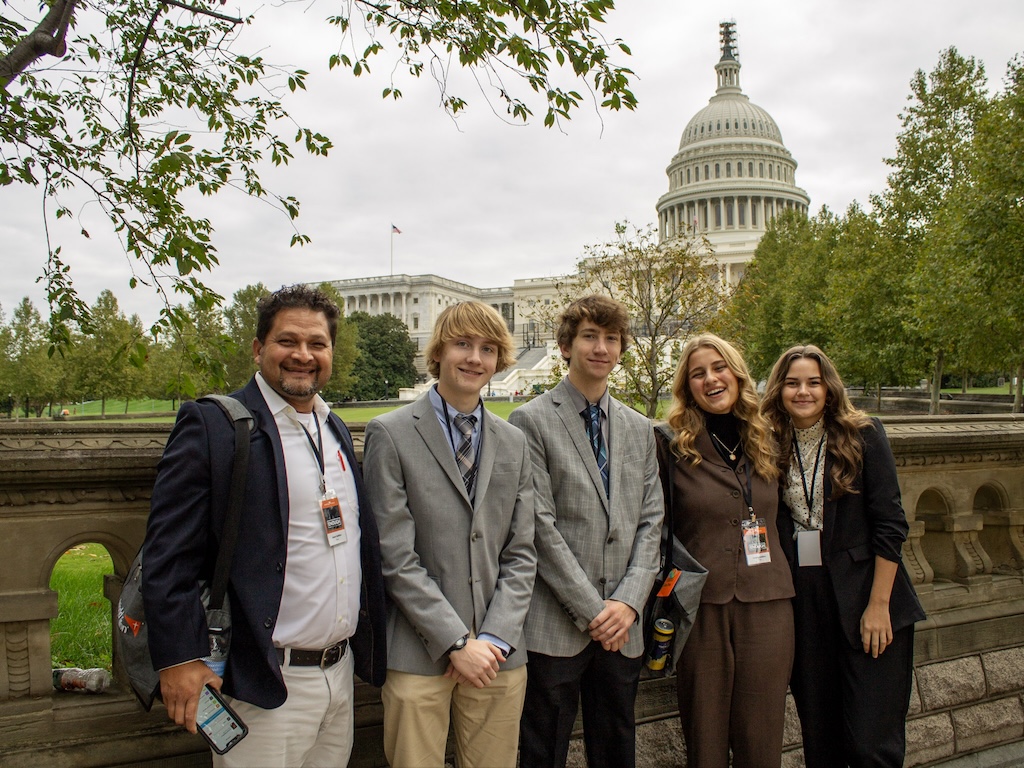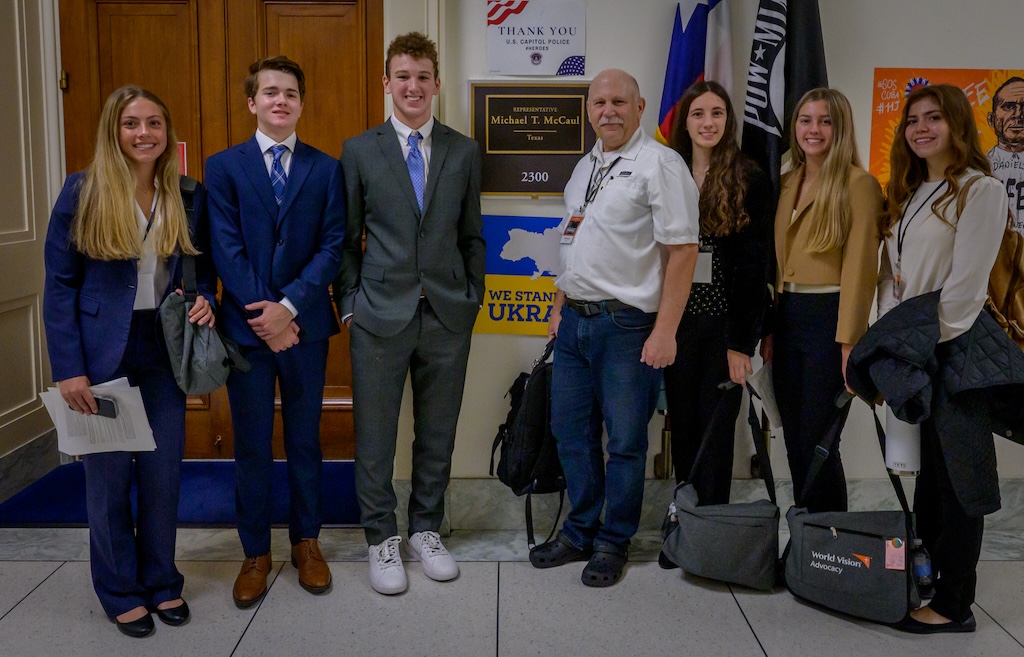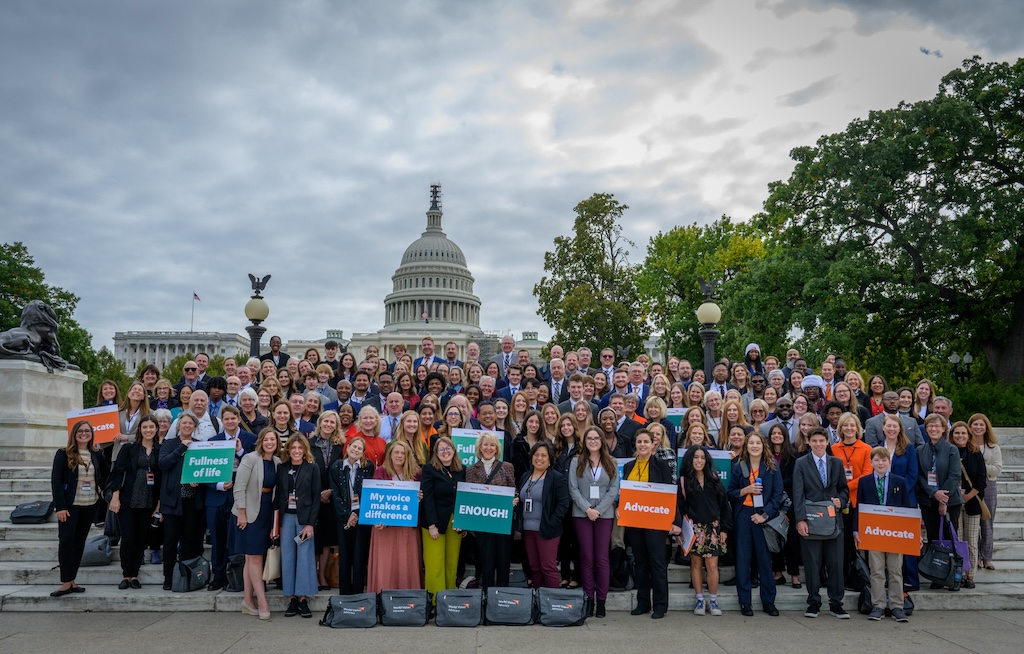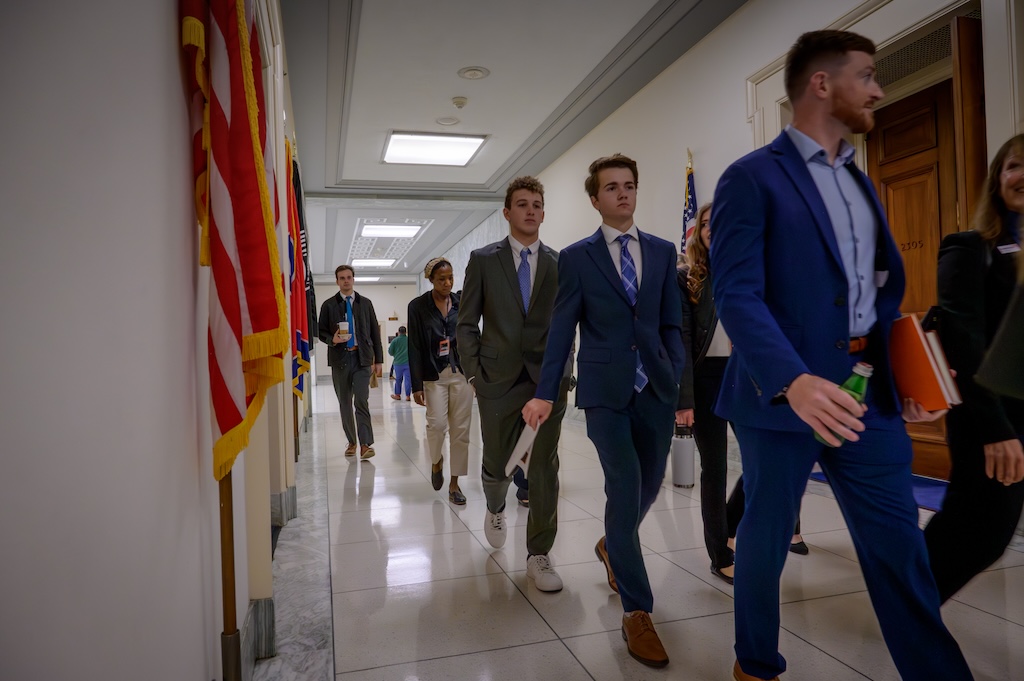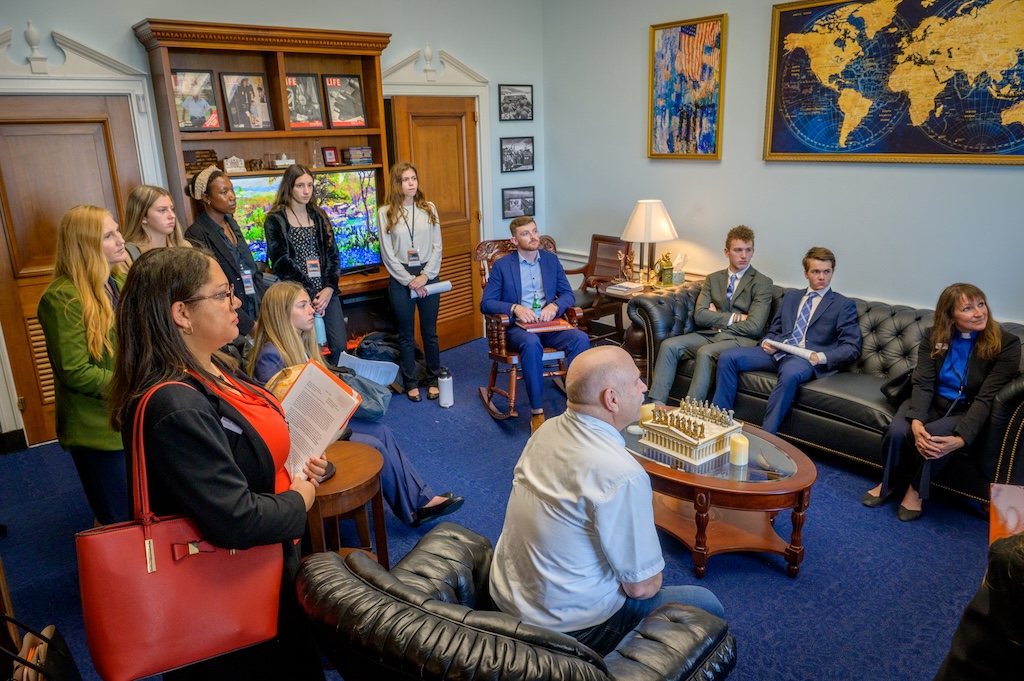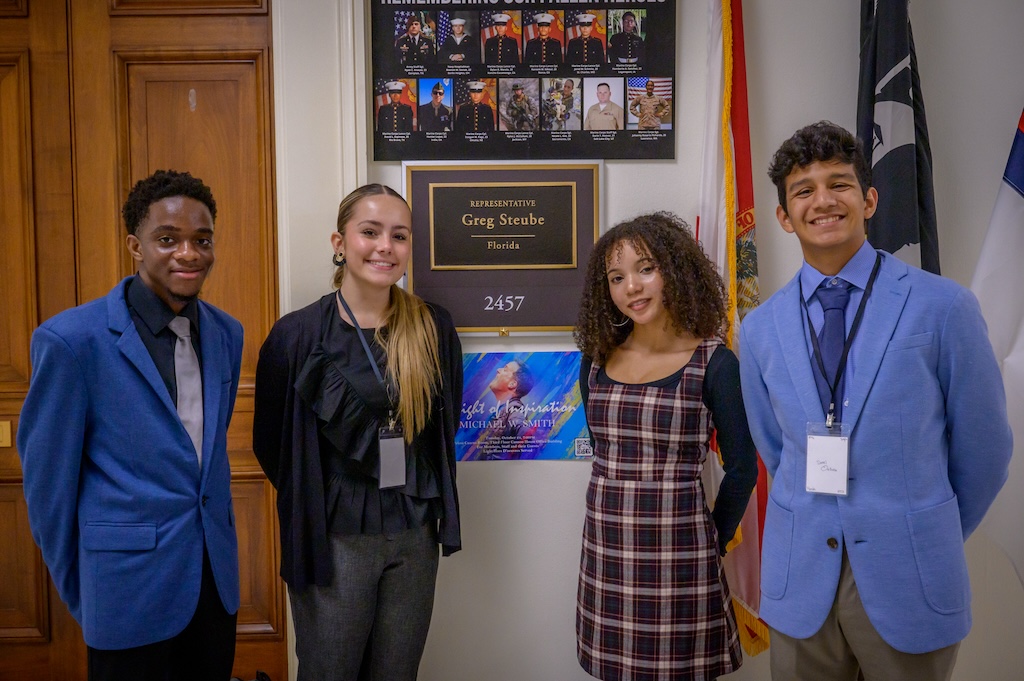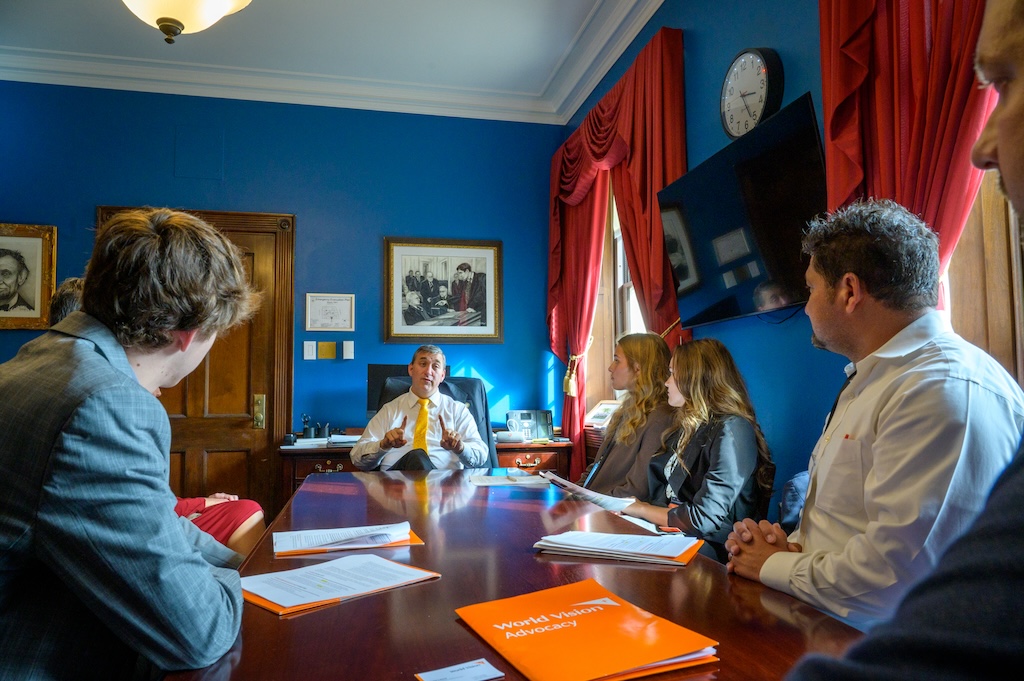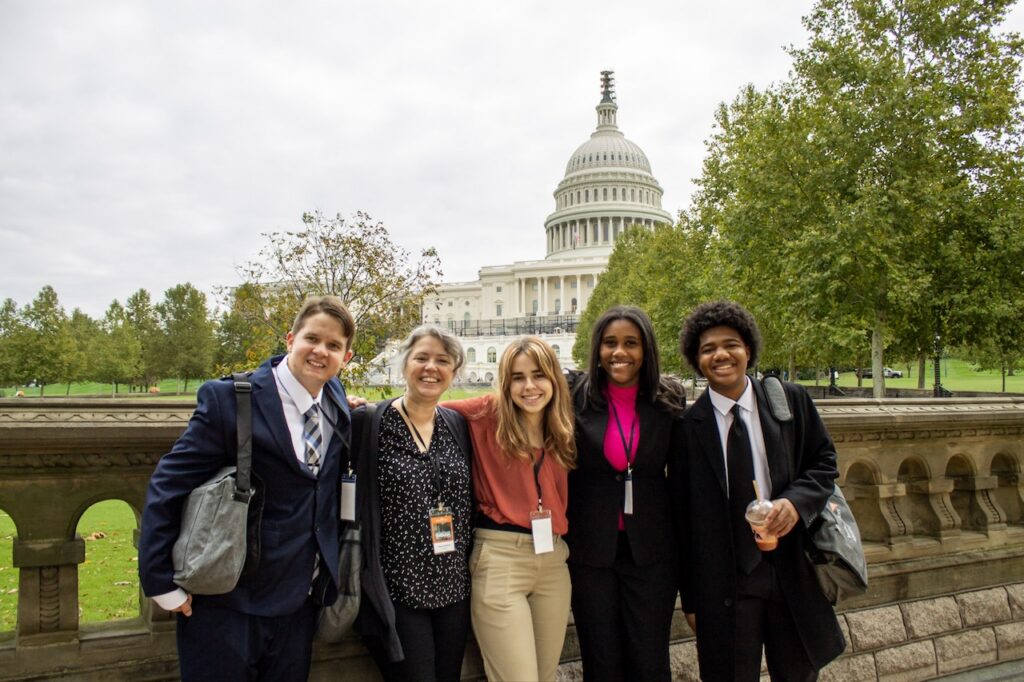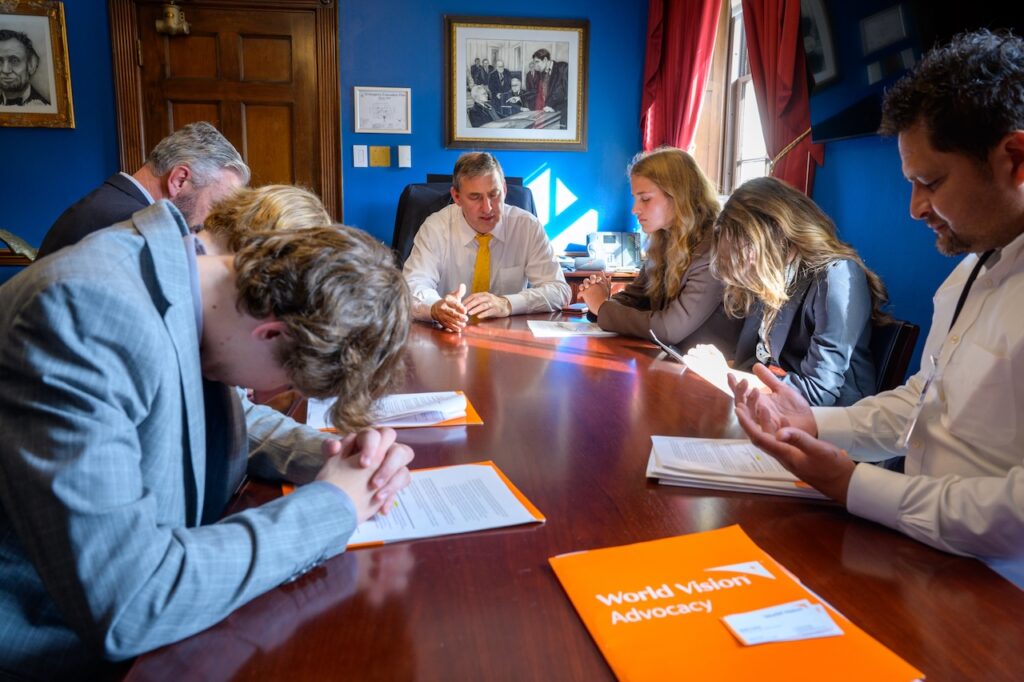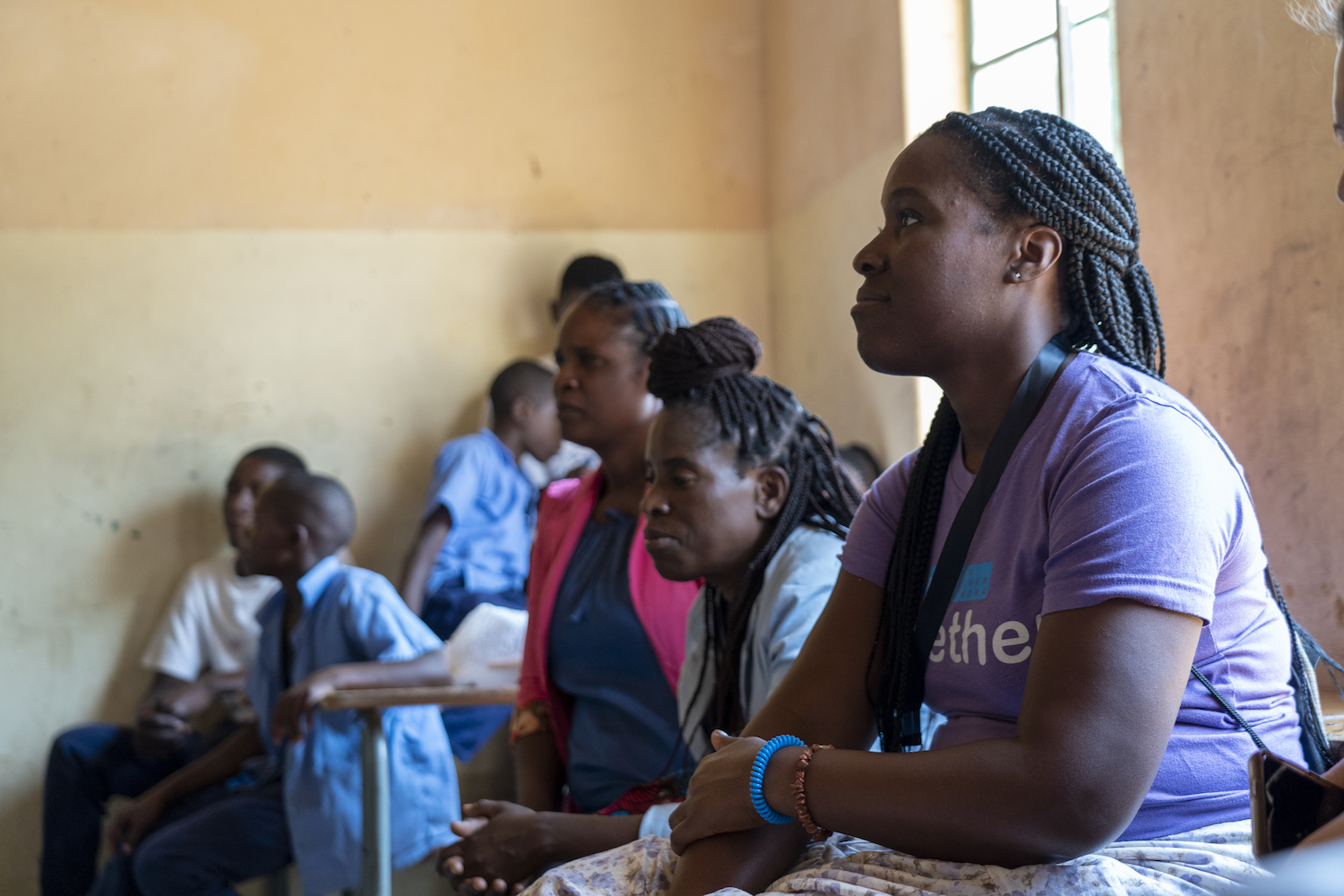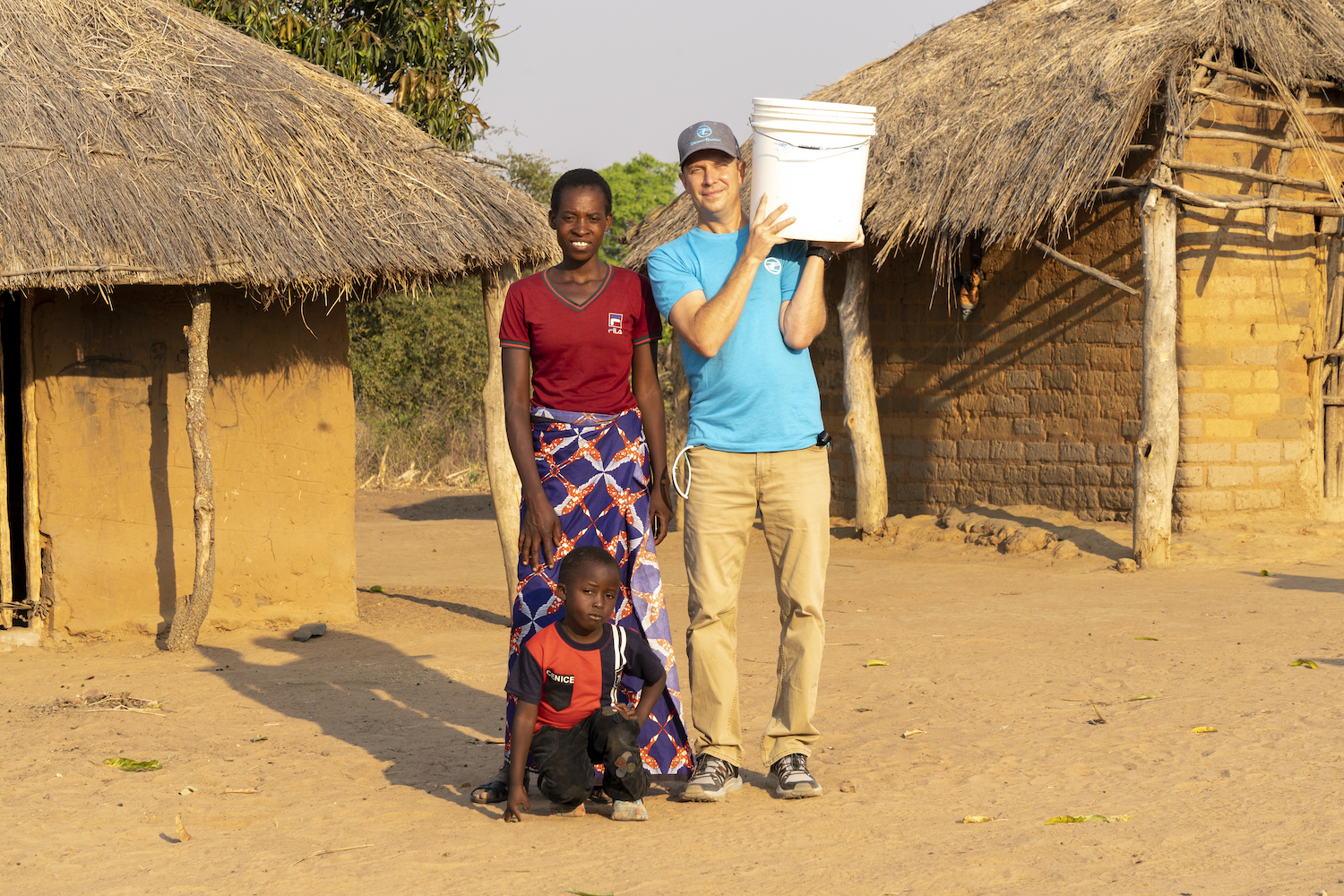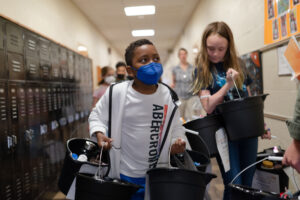
Our latest blog comes from one of our Ignite Partners, Carrie Warner, of Alliance Christian School District — Berks Christian School/West-Mont Christian Academy in Pennsylvania. This is the first in a series of guest authors we’ll be featuring in our blog.
Have you ever thought about how much of life is like gardening? I would venture to say you can take just about any principle from gardening and learn something about life from it. The great thing is you don’t have to be an expert gardener to make these connections. Often it’s just a matter of observing and being willing to learn.
Take the concept of “winterizing,” for example. Depending on where you are in the world, you may or may not have any experience either seeing or doing this task. But where I live, as autumn creeps toward winter, there comes a time when yards and gardens benefit from being “winterized.”
Someone can correct me if I’m misinformed, but from what I can tell winterizing mostly involves clearing out the dead stuff. It’s not exactly like pruning. Pruning is when you cut something back that is fully alive (but maybe overgrown) to foster new growth, and you often expect to see the new growth starting fairly soon. With winterizing, it’s more like you pull out or tear down whatever remaining dead pieces of plants are sticking out, so that an area is stripped down to almost nothing, only for it to lay in a seemingly dormant state for the next several months.


Above: Carrie’s front porch, from the fall foliage version to the winterized version.
Honestly, it can feel a little depressing.
That is, it would be totally depressing if winterizing was the end. Except that it’s not. All of us who have lived through or know about seasons at all know that winter doesn’t last forever. Yes, winter can feel long. And hard. And barren. It can feel empty and cold. It can leave us wondering why so much had to be stripped away.
Whether we see it in the dead tree branches or the empty gardens, or we feel it in our home that feels too quiet now that a child has moved out or a loved one has gone, winterizing can feel hard. Sometimes winterizing is something we do, other times maybe it feels like we are the ones who are being winterized.
In these seasons, doesn’t our human nature want to get to spring as quickly as possible? We feel like we would do just about anything to skip past winterizing and see something (anything!) that would bring us evidence of new life.
But what if there is something to be learned from this act of winterizing? What if it’s something we can’t learn apart from being in the middle of it? What if it’s making space for incredibly beautiful things to be cultivated and eventually, slowly, after winter finally ends, peek through the dirt and bloom?
Teaching students can be a bumpy process. It doesn’t always feel like spring, and sometimes we wonder if maybe we’re stuck in an eternal winter, not unlike Narnia under the reign of the White Witch. Why can’t I connect with this student? What is it going to take for those students to wake up to their potential? How long must I keep trying to teach this same concept to that student?
Sometimes the temptation is to try to force spring to come more quickly. In our weariness, we look for an escapefrom winter. We resist the cold feeling that comes when we realize winter is around the corner. But maybe there is more going on than we realize. Maybe the gardener hasn’t actually abandoned us, he just wants to help usnavigate the season we’re in. He wants us to winterize, or maybe he wants to winterize us.
In a mysterious way, it seems that as teachers we are a mix of gardens and gardeners. Ultimately God Himself is the great Gardener, the Creator and Sustainer of all things. Yet He invites us to work with Him, to be a part of this gardening process alongside Him.
Paul describes one way this concept can play out when he says:
“My work was to plant the seed in your hearts, and Apollos’ work was to water it, but it was God, not we, who made the garden grow in your hearts. The person who does the planting or watering isn’t very important, but God is important because he is the one who makes things grow. Apollos and I are working as a team, with the same aim, though each of us will be rewarded for his own hard work. We are only God’s coworkers. You are God’s garden, not ours; you are God’s building, not ours.” (1 Corinthians 3:6-8)
Did you catch that? That part where it says, “We are God’s coworkers”? What a beautiful, hope-filled way oflooking at our work as teachers! It’s like we are working in this garden of our students’ lives, with the assurance that it all belongs to Him and He is the most amazing gardener we could ever imagine. But He invites us to garden with him.
The tricky thing is, not all of us are in the same season at the same time. One teacher or classroom might be experiencing the peak of springtime, while another is facing the difficult process of winterizing. But no matter what season you find yourself in, don’t give up. Keep gardening, whether thatmeans planting or watering or winterizing or whatever else God might have for you to do. Look to Him in prayer. And don’t forget to observe and be ready to learn.
Pray with me…
(an excerpt of “A Liturgy for Gardening”, from “Every Moment Holy” by Douglas McKelvey)
O Creator who calls forth life,
May this ground, and our labors
here invested, yield good provision for
the nourishing of both body and soul.
Lord, let our labors in this garden be fruitful.
Lord, let our labors inthis garden be blessed.
As we cultivate gentle order,
Training,
Pruning,
Weeding,
and protecting,
so cultivate and train our wayward hearts,
O Lord, that rooted in You the forms of
our lives might spread in winsome witness,
maturing to bear the goodfruit of grace, expressed
in acts of compassionate love.
Walk with us now, O Lord,
in the stillness of this tilled and quiet space,
that when we venture again into the still
greater garden of Your world, we might be
prepared by the long practice of Your presence,
to offer our lives as a true and nourishing
provision to all who hunger for
Mercy
and hope
and meaning,
a true and nourishing provision to all who hunger for You.
Lord, let our labors in this garden be fruitful.
Lord, let our labors inthis garden be blessed.
You can find more of Carrie’s writing on her blog, Prayer Matters, at https://www.alliancechristian.org/blog













